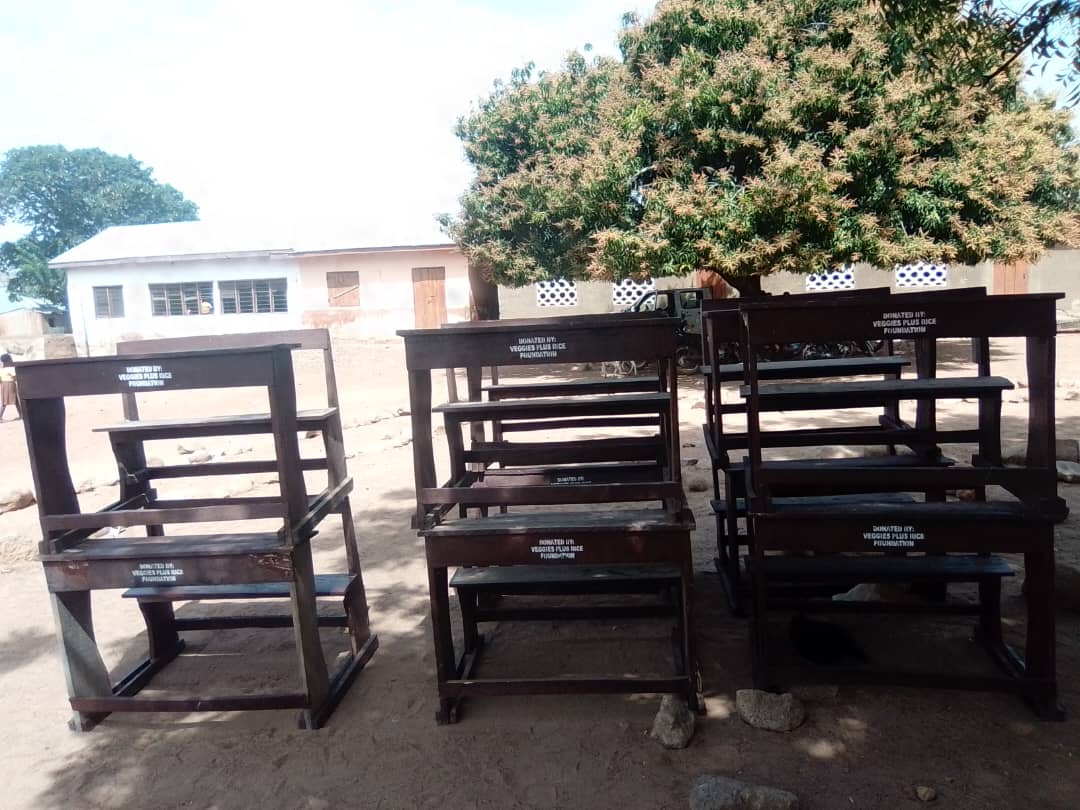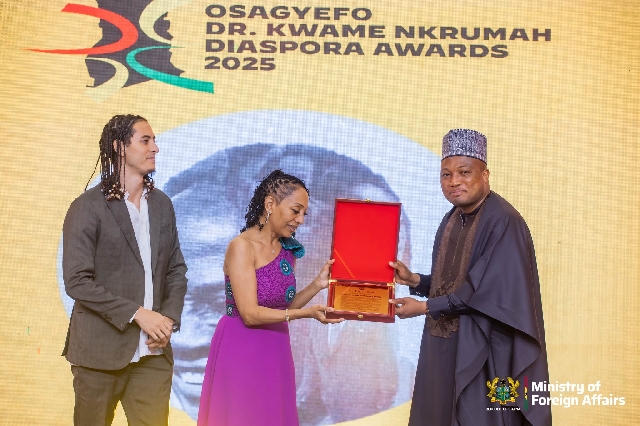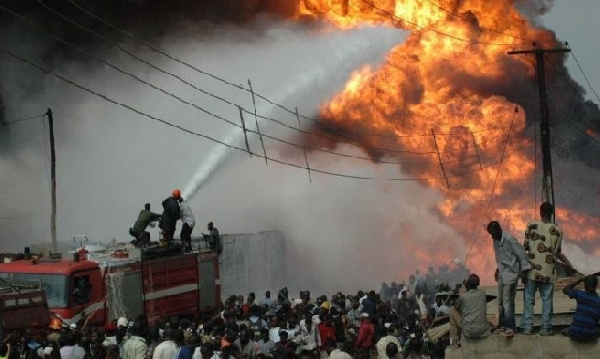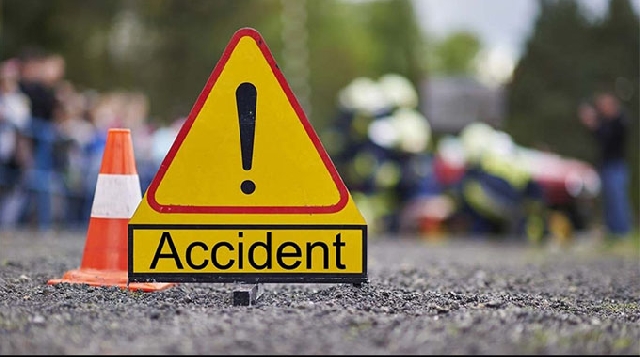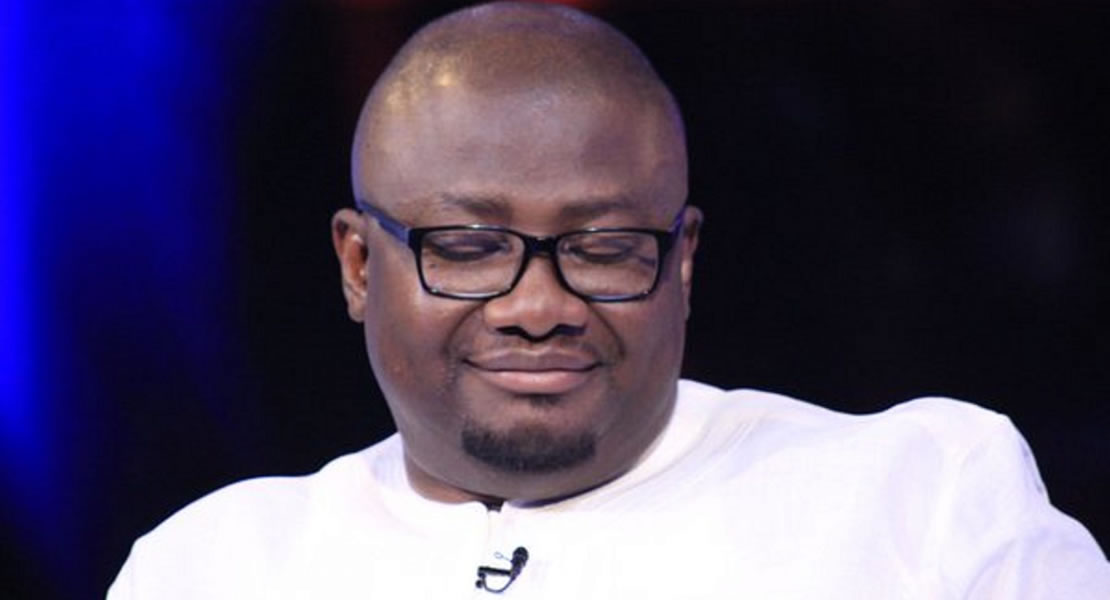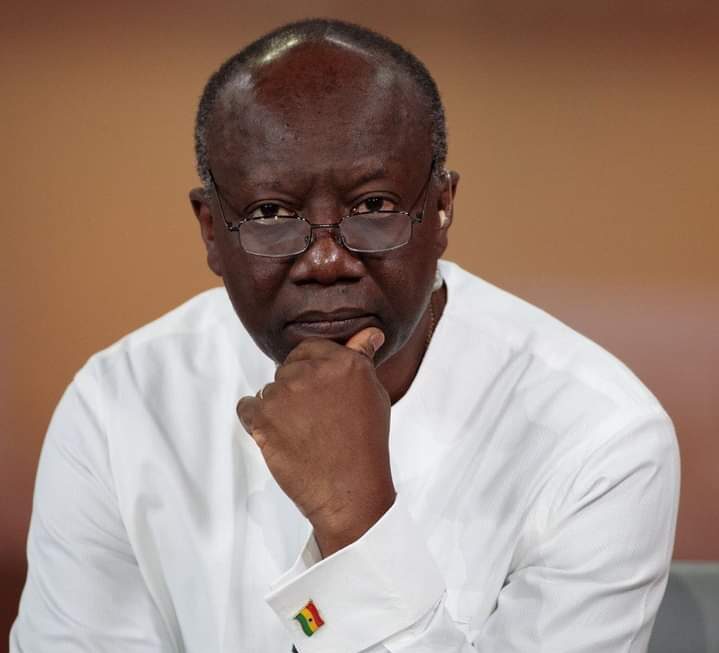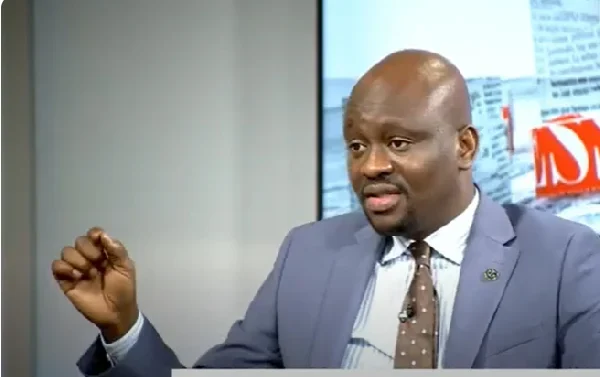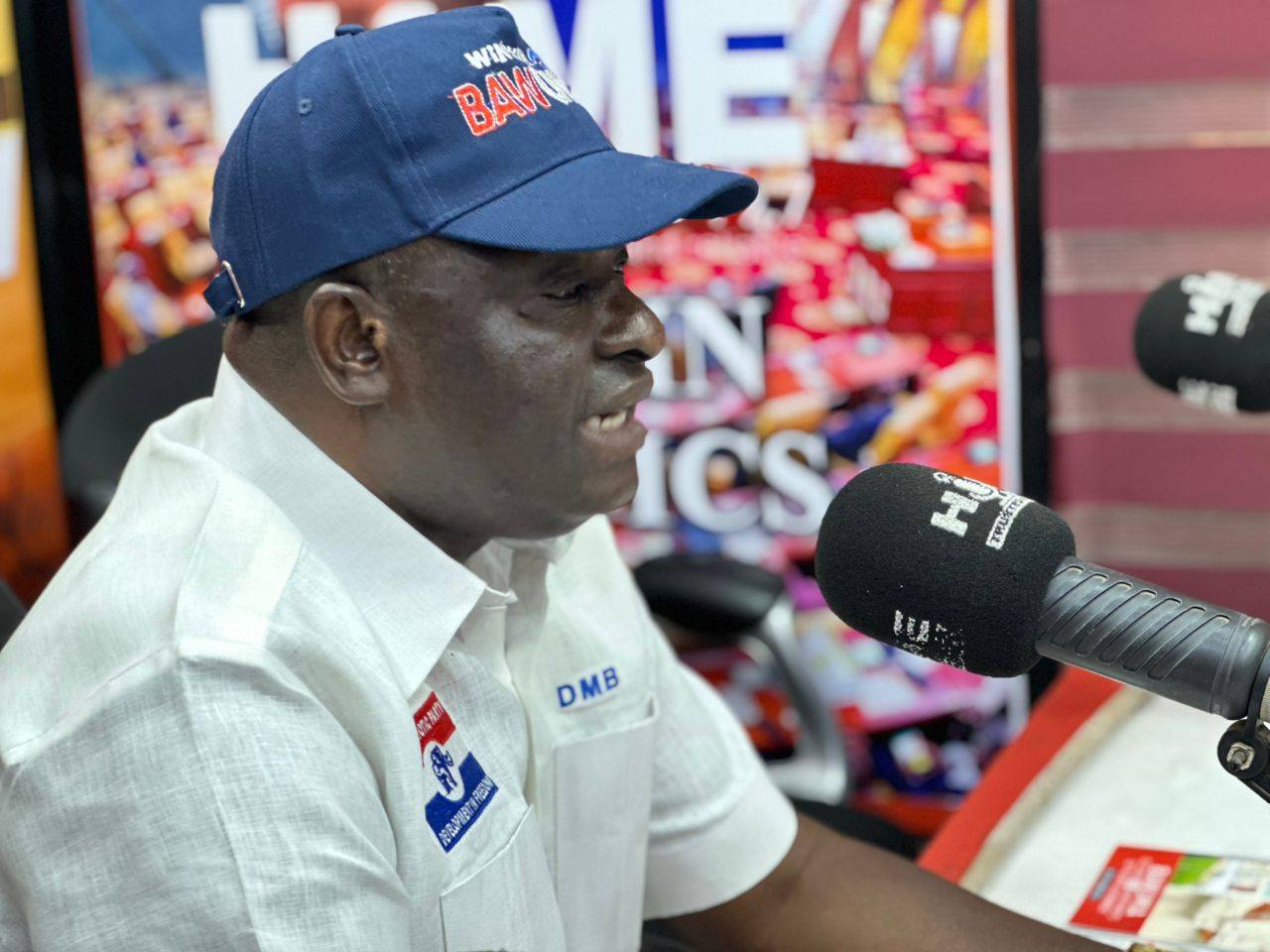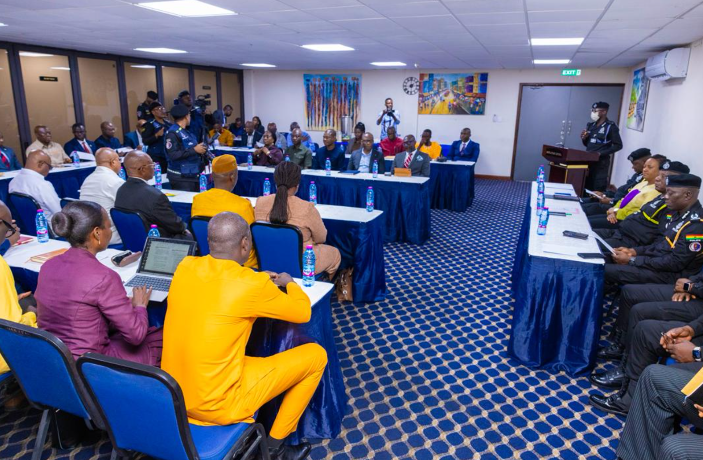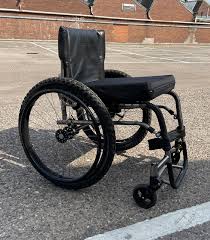For Ghana’s community of Persons with Disabilities (PWDs), the promise of inclusion remains painfully out of reach. Despite government initiatives and constitutional guarantees, the Ghana Federation of Disability Organizations (GFD) says its members are being sidelined, left in the dark about the funds meant to empower them.
Ghana’s 1992 Constitution mandates that at least 5% of national revenues be channeled to Metropolitan, Municipal, and District Assemblies (MMDAs) through the District Assembly Common Fund (DACF) for local development. In 2005, a portion of this fund was earmarked specifically for PWDs, to fight poverty and enable dignified work. Yet, nearly two decades later, poverty remains rampant among the country’s disabled population, which the latest census puts at about 8% (over 2 million Ghanaians).
According to the GFD, the real problem isn’t the promise of funding; it’s the secrecy and lack of accountability surrounding its disbursement.
“We Don’t Know When or How Much”: PWD Leaders Speak Out
“It is a major problem for us. They disburse without us knowing the amount, even me as national President, I don’t know how much is disbursed to those I represent,” laments Joseph Atsu Homadzi, GFD’s National President. He describes how regional and district leaders are routinely left uninformed about allocations, making it easy for some assemblies to divert or withhold funds altogether.
Akubire Mark Atia Ismael, Upper East Regional President of GFD, echoes the frustration. He explains that, in the past, a National Council of PWDs liaison officer would attend meetings with the Common Fund Secretariat and relay detailed information to GFD leaders nationwide. But since 2023, this officer has been excluded from these crucial meetings, without explanation.
“When we organized a program in Accra and invited him, that’s when we learned he was no longer being invited to the meetings,” Mark reveals. “How can you be taking allowance and for some time they are not inviting you, and you are quiet? There is something hidden they don’t want us to know.” He laments
The lack of transparency creates fertile ground for misuse. “Sometimes, the assembly will borrow the money and use it for something else; sometimes, they don’t give us any money at all,” Homadzi says. With no clear communication or published figures, PWD leaders suspect cover-ups and misappropriation. Meetings with the new Common Fund Administrator have produced only vague promises: “When the money is ready, they will publish it on their website,” Homadzi reports, but so far, GFD is still waiting.
The PWD Common Fund is not a handout; it’s a constitutional right and is designed to level the playing field for one of Ghana’s most marginalized populations. Yet, secrecy and opaque practices continue to lock PWDs out of decisions that directly affect their welfare.
Preceding the Talensi District, I met Sampana Clement, the President, Ghana Federation of Disability Organizations- sits quietly, sifting through a stack of applications from people with disabilities, each one a plea for support, each one uncertain if help will ever arrive. As a committee member of the Ghana Federation of Disability Organizations (GFD) in Talensi, Clement has grown all too familiar with the frustration and confusion surrounding the disbursement of the Disability Common Fund.
“This is a challenge we’ve been battling for years,” Clement confides, his voice tinged with resignation. “We’re supposed to know how much money comes into our account each quarter. The committee is meant to be informed, so we can plan and decide how many people we can support.”
But reality, he says, is far different from the promise. Instead of official notifications or transparent accounting, committee members like Clement often hear about fund releases from the news, if at all. “When we hear something has come, it’s up to us to go chasing the assembly for answers,” he explains. “We keep going, keep asking, until someone finally admits that money has arrived.”
Even then, the process is shrouded in secrecy. Only the district’s coordinating director and finance officer have access to the account; no committee member holds signing authority. “Sometimes the accountant will tell us a figure, or write something down if we insist. We take that number in good faith, but we never know if it’s the true amount,” Clement sighs. “The account is controlled solely by the assembly. Only the director and the DFO really know what goes in and what comes out.”
This lack of transparency leaves the committee powerless, forced to work with whatever scraps of information they can obtain. Meanwhile, support applications continue to pile up, and the funds that trickle down are often not enough to meet the overwhelming need.
“It’s worrying,” Clement says, glancing at the hopeful faces in the applications before him. “We have so many people waiting, and when the money finally comes, it’s always less than we need. We deserve to know what’s rightfully ours.”
In Talensi, as in much of Ghana, the struggle for disability rights isn’t just about ramps or accessible transport; it’s about access to the truth, and the fight for a fair share of the nation’s promise.
Conclusion.
As the debate surrounding the disbursement of Ghana’s Disability Common Fund continues to unfold, one thing is clear: transparency is key.
To address the concerns of Persons with Disabilities (PWDs) and ensure that the fund serves its intended purpose, it would be prudent for the Common Fund Secretariat to consider appointing a liaison officer. This officer’s primary duty would be to release timely information regarding the quarterly disbursement of the fund, providing much-needed clarity and accountability.
By taking this step, the Secretariat can help build trust with PWDs and demonstrate its commitment to transparency and good governance. With a dedicated liaison officer in place, PWDs can stay informed about the fund’s activities, and the Secretariat can showcase its dedication to serving the needs of Ghana’s disability community. Ultimately, this move would be a significant step towards ensuring that the Disability Common Fund is used effectively to support PWDs and promote their well-being.
Apexnewsgh.com/Ngamegbulam Chidozie Stephen

